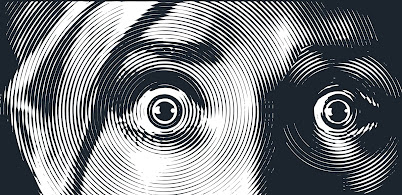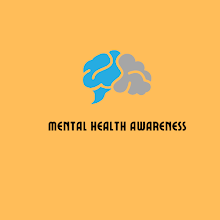Psychology Of Fear | Why People Don't Like Horror Movies?

People wouldn't be able to defend themselves from real threats if they weren't afraid. Fear is an essential emotional and physical defense mechanism that played a crucial role in human development, particularly in prehistoric periods when men and women frequently confronted life-or-death circumstances. The risks are fewer now, but some people still react violently to particular situations or items, even if elevators, public speaking, and spiders don't pose the same kind of imminent danger that early man did. Many individuals occasionally get "nerves" or fear before a trip, a first date, or a significant game. However, a person may have a specific phobia if their fear interferes with their daily activities, is persistent, and is tied to a particular threat.
Causes Of Fear:
There is no single, fundamental basis for fear since it is so multifaceted. Some phobias may be the outcome of trauma or traumatic events, while others may be the result of dread of something completely different, like losing control. Other phobias, such as a fear of heights because they make you feel lightheaded and queasy, may arise as a result of physical symptoms.
Symptoms Of Fear:
Fear frequently has negative consequences on the body as well as the mind. The following are some typical signs and symptoms of fear, however, everyone experiences fear differently:
- Chest pain.
- Chills.
- Mouth arid
- Nausea.
- Fast heart rate.
- Respiration difficulty.
- Sweating.
- Trembling.
- Uneasy stomach.

Method to Overcome Fear:
In addition to the physical signs and symptoms of dread, people may experience psychological symptoms such as feeling overpowered, unsettled, out of control, or that they are going to die soon. You may also take steps to help you manage fear in everyday life. These techniques focus on reducing fear's detrimental behavioral, emotional, and physical effects.
Among the things you can accomplish are:
- Social Assistance: Obtaining social assistance. You may better control your feelings of dread by surrounding yourself with encouraging individuals.
- Engage In Mindfulness: Even if you can't always control your emotions, mindfulness may help you control them and replace unhelpful ideas with constructive ones.
- Use Stress-Reduction Methods: Stress-Reduction Methods include progressive muscle relaxation, visualization, and deep breathing. Take good care of yourself. Eat well, move around often, and get enough shut-eye every night.


%20(1).png)



0 Comments